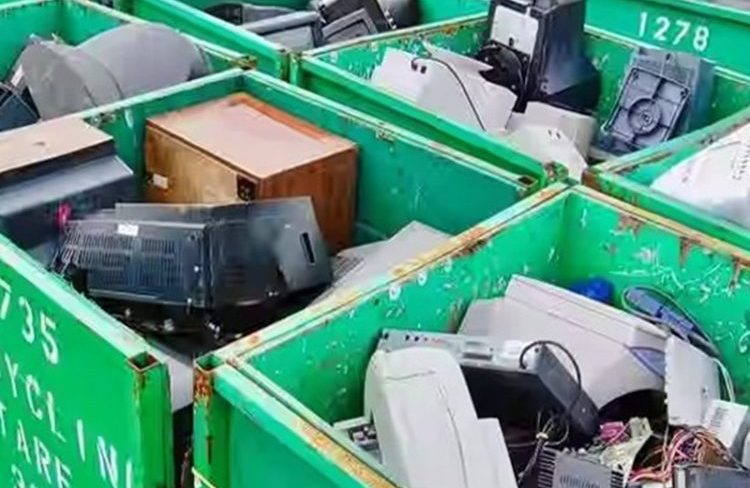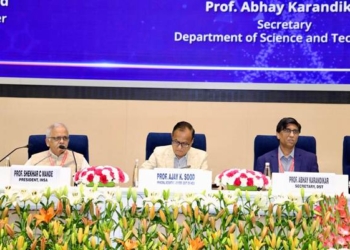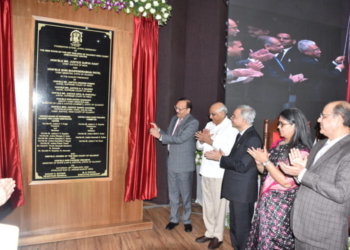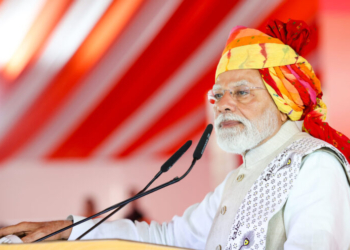New Delhi: The reported processing capacity of 322 registered e-waste recyclers in India is 22,08,918.064 metric tonnes (MT) per annum and the processing capacity of 72 registered e-waste refurbishers is 92,042.18 MT per annum as on Feb 9, 2025, Minister of State for Environment Kirti Vardhan Singh informed Parliament on Thursday.
The Central Pollution Control Bureau (CPCB) has developed an online Extended Producer Responsibility (EPR) E-Waste portal where entities such as producers, manufacturers, recyclers, and refurbishers of e-waste are required to be registered, the minister said in a written reply to a question in the Rajya Sabha.
The CPCB has issued guidelines for the scientific and environmentally sound management of e-waste. These guidelines detail procedures and facilities in terms of machinery and pollution control devices required for the recycling of e-waste in an environmentally sound manner.
An action plan for implementation of E-Waste (Management) Rules, 2022 is in place which is being implemented by all State Pollution Control Boards (SPCBs) who are submitting quarterly progress reports. SPCBs have also been asked to carry out regular drives for checking informal e-waste activities.
The state governments have also been entrusted with the responsibility to ensure earmarking or allocation of industrial space or shed for e-waste dismantling and recycling in the existing and upcoming industrial park, estate and industrial clusters.
“Generation of e-waste has been increasing over recent years and is increasing day by day due to increased usage of electrical and electronic equipment by consumers. E-waste generation is a direct result of economic growth and technological advancements,” the minister said.
The Environment Ministry has comprehensively revised the E-Waste (Management) Rules, 2016 and notified the E-Waste (Management) Rules, 2022 in November 2022 and the same is in force since 1st April 2023.
The objective of the said rules is to take all steps required to ensure that e-waste is managed in a manner which shall protect health and environment against any adverse effects, which may result from such e-waste, the minister pointed out.
These new rules intend to manage e-waste in an environmentally sound manner and put in place an improved Extended Producer Responsibility (EPR) regime for e-waste recycling wherein all the manufacturer, producer, refurbisher and recycler are required to register on portal developed by the Central Pollution Control Board (CPCB).
The new provisions would facilitate and channelise the informal sector to the formal sector for doing business and ensure recycling of e-waste in an environmentally sound manner.
Provisions for environmental compensation and verification & audit have also been introduced. These rules also promote the Circular Economy through the EPR regime and scientific recycling/disposal of the e-waste, he added.
(IANS)
















